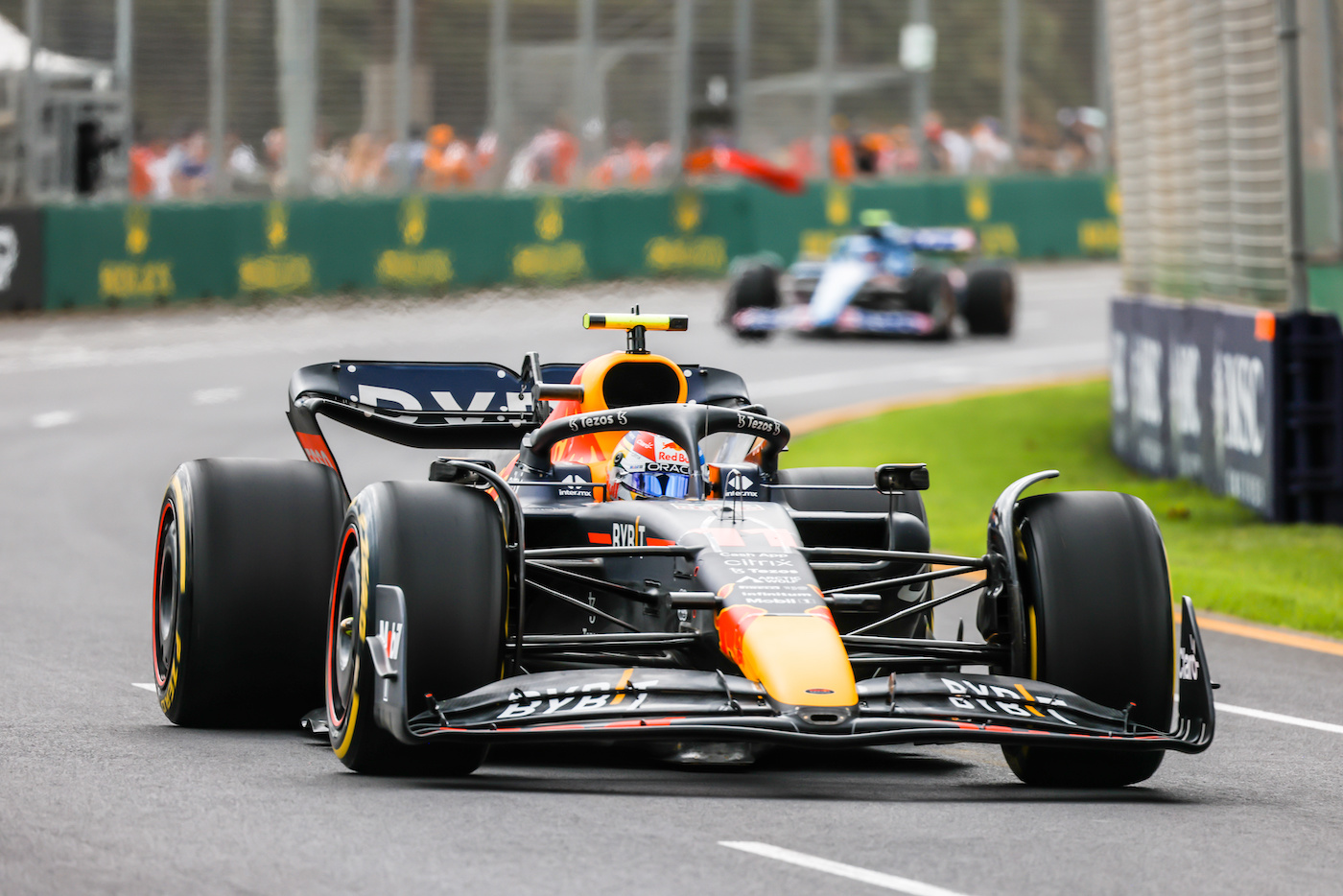In January 2023, the Indy Autonomous Challenge returned to CES to showcase some of the fastest driverless race cars in the world. Featuring 9 teams from 17 universities spanning 6 countries, it aimed to push the boundaries of head-to-head autonomous AI-powered racing. In the end, PoliMOVE from Politecnico di Milano (Italy) won the races, hitting a new record of autonomous race speed at 180 miles per hour. That’s just the start for investors taking a look at this space since it gives an idea of what’s possible.
Fancy CES shows aside, today’s race cars are equipped with sophisticated high-end technology. Professional teams are leveraging Artificial Intelligence (AI) capabilities in their cars to improve performance and optimize lap time. In this article, we’ll explore how AI is reshaping the racing landscape and the top companies to invest in the AI self-driving space – specifically race cars.
AI in race cars
In contrast to normal road traffic, car racing has no rules, which means that the behaviors of other vehicles are hard to predict. This is primarily where AI can revolutionize the racing industry. By utilizing AI in the preparation and execution stages of racing, teams can improve the way they train, analyze, and strategize their races.
Using a multitude of sensors, AI can provide real-time data on track conditions, obstacles, and other vehicles, enabling algorithms to reach informed conclusions. As a result, it can make split-second decisions to avoid collisions, pushing the boundaries of speed and precision.
AI in racing games
Using AI-driven simulations, professional teams can also obtain realistic insights by replicating the behavior of other opponents in games. For example, iRacing lets racers race against highly adjustable computer-controlled drivers. Gran Turismo 7 just introduced a new racing AI in its 1.29 update. A superhuman AI racing agent, Gran Turismo Sophy, was developed last year by Sony (SONY). Keeping speed at its forefront, the AI became an aggressive racer, at times beating its human competitors.
As the world shifts towards simulations, AI will likely see more application in racing games in the future.
AI self-driving race car companies: Investing prospects
Five years ago, Renault Sport Formula One Team turned to its longtime technology partner Microsoft (MSFT) to gradually insert AI technology in an ambitious digital transformation plan. With Microsoft’s Azure Machine Learning capabilities, they could predict the effects of changing car configurations and could conduct 3D virtual testing of car designs.
Today, commercialization of self-driving race cars – both passenger sports cars and those used by racing teams – is not far-fetched. Alphabet’s (GOOG, GOOGL) subsidiary Waymo has long been at the forefront of autonomous vehicle development. Although it primarily focuses on AI technology for passenger vehicles, the company’s AI advancements and machine learning capabilities are expanding to the race car industry. Last year, the company announced that it would expand its San Francisco test of autonomous driving — particularly an all-electric Jaguar I-Pace for San Francisco-area employees. For investors, this could be an excellent time to invest in GOOG stock.
Alphabet’s Q1 2023 results also exceeded analysts’ estimates. Its revenue rose by 3% to $69.79 billion from $68 billion a year earlier. However, with advertisers cutting down on their marketing budgets due to recession fears, the company has seen a decline in YouTube ad revenue compared to past year– although the ad revenue still beat analyst expectations ($6.69 billion vs. $6.6 billion).
Italian luxury sports car manufacturer Ferrari (RACE) selected Amazon’s AWS in 2021 as the official cloud provider for the Scuderia Ferrari FORMULA 1 team. AWS is also providing machine learning and Artificial Intelligence capabilities to accelerate Ferrari’s innovation. Ferrari saw a Q1 2023 profit jump by 24% (297 million euros) as consumer demands increased, pushing waitlists into 2025. Investing prospects look bright for the company as 18 analysts predict a median target of 316.16 in one year. The stock closed at 287.36 on May 30th, 2023.
AI race car startup scene
AI startups are also playing an important role in the racing startup scene. GO4RACE is developing advanced tools for racing sports using AI and connected hardware. Their team is based in Warsaw and is dedicated to improving drivers’ performance and speed. To achieve that, they analyze data sets to score the fastest lap time on the race track. Go4Race aims to increase driver safety by constantly monitoring crucial car parameters such as reaction time, live points, and positions gained/lost.
Utilizing predictive modeling to make smart pit strategy calls, Rho AI (previously Pit Rho) has been a significant contributor to disrupting NASCAR race strategy. Pit Rho Race Analytics provides real-time data for lap time and also collects competitor’s data, pushing the data into a series of machine learning and deep learning models. In September 2022, General Motors (GM) acquired Pit Rho to use its analytics to stay competitive in the racing landscape.
Today, racing is more than just a competition for driving skills – it’s also a race of technology. Companies investing in AI in race cars will have to consider efficient solutions that cater to the racing environment as a whole instead of only focusing on speed and performance on the track. Investors can see some opportunities in big tech, but AI in race cars is still a test that needs some time to pass with flying colors.
The views and opinions expressed herein are the views and opinions of the author and do not necessarily reflect those of Nasdaq, Inc.
Image and article originally from www.nasdaq.com. Read the original article here.

